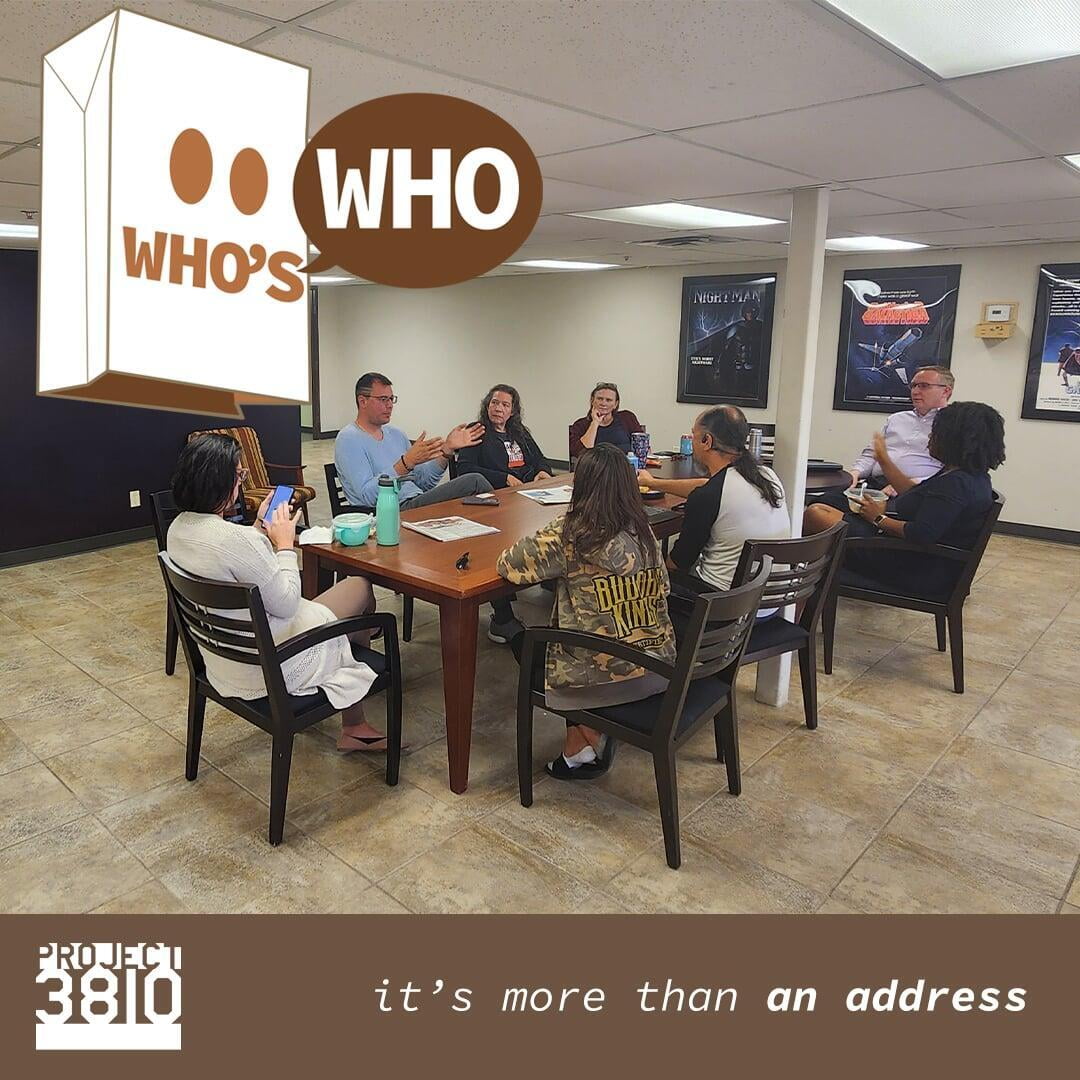No frills to tickle your fancy.

IDEA

CONCEPT

DESIGN

DEPLOY
Work on your business.
You've heard the qutoe, "Don't just work IN your business, rather, work ON your business". The quote is often attributed to Michael Gerber, author of the book "The E-Myth Revisited: Why Most Small Businesses Don't Work and What to Do About It." In essence, the quote encourages entrepreneurs not to get bogged down by the routine tasks but to allocate time and effort to develop a vision, set goals, and implement strategies that will improve the overall structure and performance of the business.

#3810 Let's you work on your business.

West OKC off Route 66 & I-44
The NW36th St corridor between Portland and Meridian are full of other industrial and manufacturing based businesses. Locate yourself in a established business community that is doing what you do. Plenty of fast-food and dining establishments to choose from. Just minutes to Lowe’s, Target, Office Depot and Sam’s.
Easier to navigate than downtown locations. And easy parking, no need to find a meter or pay high parking lot fees.
With total square footage of 45,000 sqft, Project 3810 is THE space for inventors, innovators, and entrepreneurs.

No one builds a business alone. It takes a Tribe
Community is a big focus for us. We have our on-site community and we have our extended community. We have our West OKC friends. We have our ‘Broke’ friends. (Broke Brewing Co) . We have our Oklahoma Small Business Ecosystem friends.
Project 3810 will assist in creating synergies of connections that will lead to business growth.











